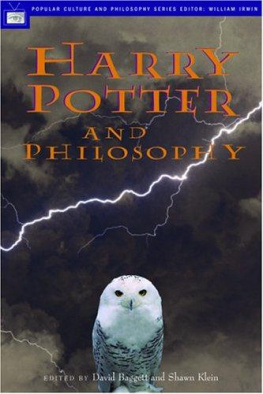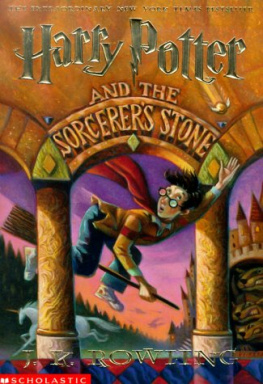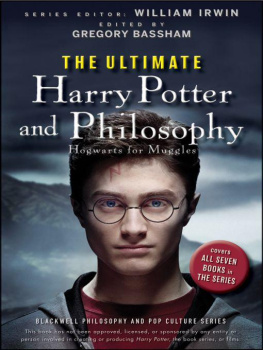Are all your family wizards? asked Harry, who found Ron just as interesting as Ron found him.
Eryes, I think so, said Ron. I think Moms got a second cousin whos an accountant, but we never talk about him.
ACKNOWLEDGMENTS
I want to thank two fellow philosophers who first suggested that I should read Harry Potter: Professor David Baggett of Kings College and Dr. Jerry Walls, Senior Fellow in the Morris Institute for Human Values and Professor at Asbury Theological Seminary. They launched me into the adventure of great fun and insight that resulted in this book. Dave also provided extensive comments on my first draft and helped make it better. He has a great editors eye for detail and a profound philosophers sensibility, both of which are on display in his excellent book Harry Potter and Philosophy. Dr. Stephanie Richardson and Renee Vincent also helped me improve this book. Im very grateful for their time and efforts. My new agent, Margret McBride, found this project the proper home. She and Donna DeGutis, along with their associates in the McBride Literary Agency, have been of tremendous help and encouragement. But it is Roger Scholl, chief wizard of editorial magic at Doubleday, who suggested the final form and precise focus of the book. To him I am very grateful.
I also want to thank all the kids, mothers, dads, teachers, and librarians who have encouraged other children, young people, and adults to read the Harry Potter stories. Youre spreading enjoyment and wisdom through the world. Please visit my Web site, www.MorrisInstitute.com, and help me to do the same. I would love to hear from you.
Finally, I want to salute all the busy businesspeople Ive seen on airplanes, throughout airports, and in hotel lobbies who are taking time to read all the Harry Potter bookson the way to your important meetings and at the ends of your long days. You are brave enough to seek enjoyment and wisdom wherever it is to be found. And youre showing the way to many of your colleagues.
Several of the ideas in two of my chapters were originally developed elsewhere but are augmented and significantly extended here. An earlier and much shorter version of Chapter 2 appeared in Harry Potter and Philosophy, edited by David Baggett and Shawn Klein (Chicago: Open Court, 2004). And a few of the paragraphs on ethics in Chapter 3 first appeared in Realtor magazine, May 2005, in the article Take the High Road, as a part of their Excellence and Innovation Series. I thank them for permission to use some of that material in a new way here.
This book is dedicated to our newest family member, and a joyful little baby, my first granddaughter, Grayson Teague Morris, born May 27, 2004. May Gracie grow and flourish in wisdom and delightperhaps one day in the imaginative company of Harry Potter and his friends. She has a lot to look forward to!
INTRODUCTION
W ouldnt it be more than a little strange if the best-selling childrens books in modern times contained some of the deepest wisdom that contemporary businesspeople need for successful careers, great relationships, and flourishing lives? Many people might find it just exceedingly odd to hear that a series of wildly entertaining stories about wizards and witches conveys important insights on powerfully effective leadership. In this instance, truth is perhaps stranger than fictioneven wondrously strange fiction.
J. K. Rowling, the celebrated author of the Harry Potter stories, is a world-class business and life philosopher of the most practical sort. She can conjure deep and eye-opening wisdom from the lives of her wizards and witches, whether they are young people like Harry Potter and his friends or elder statesmen like Headmaster Albus Dumbledore. Her characters embody some of the most important insights of the ages about how to live and how not to live in this world. Her stories can instruct us in the most common adventures we all face. Thats a big part of the reason she has touched so many lives with her books and has become nearly as popular among adults as with children. Shes also a bit of a genius with quite a wit. And that doesnt hurt, either.
A few years ago, I wrote a book titled If Aristotle Ran General Motors: The New Soul of Business. It was a look at what many great philosophers throughout history have had to say about success, partnership, and the important connection between a sense of fulfillment in our work and sustainable excellence in what we do. It was also about the ultimate context and framework for business ethics. I explained carefully in the books introduction that it wasnt really about either Aristotle or General Motors, but that I was just using these prominent names as emblematic of wisdom and work. Aristotle stood in for all the great thinkers through the ages that I consulted for advice, and General Motors represented the full range of organizations that could benefit from deeper philosophical insight about human nature and competitive excellence. I did, however, draw on Aristotle more than any other philosopher for the wisdom that modern business needs. He was in many ways my guiding light throughout the book.
In addition to being a great thinker of the highest stature, Aristotle is also known for having taught Alexander the Greatat a time when he was arguably no more than Alexander the Average, a callow youth in need of wisdom and guidance. But association with greatness can breed greatness. After studying with the great philosopher, this talented young man managed to go on to attain a distinctive greatness and world stature of his own. I have come to believe that the immensely popular Harry Potter novels show a similar process at work. The Hogwarts School headmaster, Albus Dumbledore, is an impressive thinker and exemplary leader who by force of character, personal prowess, and strength of conviction organizes and leads an ongoing fight against evil that spans all the stories. He also in many ways mentors the precocious Harry Potter. Under his influence, Harry has already developed into whats called, in the world of business, a star performer, as well as into a very effective young leader himself. Its hard not to suspect that Harry is being groomed to become the next Dumbledore in their world of witchcraft and wizardry. What the beloved headmaster displays, and what Harry experiences, can teach all of us some very important lessons in business and life, and can do so in an extraordinarily engaging way.
For years, Ive traveled the country as a public philosopher, bringing ancient wisdom and new ideas to the good people of corporate America. And throughout these journeys, Ive often seen more adults than children sitting on airplanes and in airports reading the various Harry Potter books. I soon found myself asking a question. Why is there all this adult interest in these childrens books? In part, Im sure it starts with curiosity. We want to know what our children are reading, and especially what they are devouring so avidly. We are interested in why these books are so incredibly popular, to the extent of pulling kids away from television and the computer and back to the printed page. Some parents tell me they started on the books by just reading aloud to a child and soon got hooked. When we do sample them, these books then go on to keep our interest because we see truths in the young lives being portrayed, and in the actions of the adults in their world, that can help us all refocus and sharpen our own perspectives on the meaning of our often complex and stressful experience as older people making our way in an uncertain world. The wisdom of the wizards can enlighten us all. We sense it and we appreciate it.


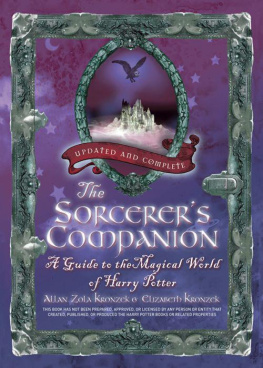
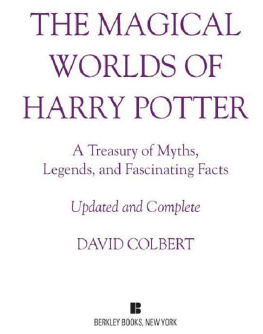
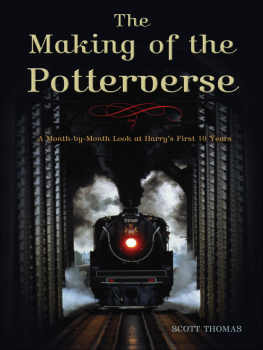
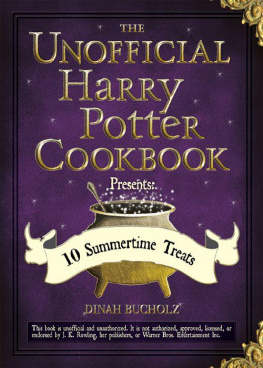

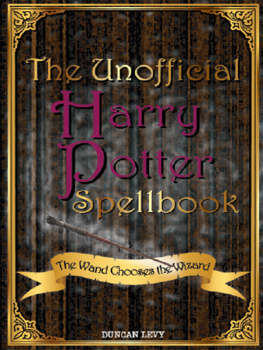
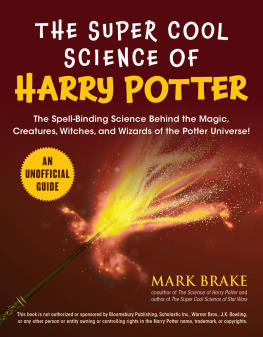
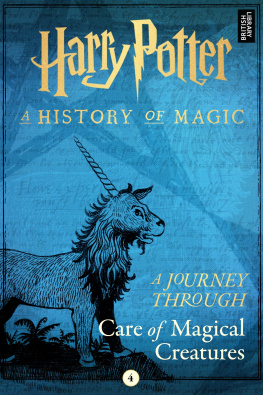
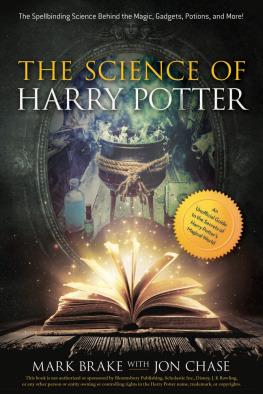
![J K Rowling - Harry Potter [Complete Collection]](/uploads/posts/book/117015/thumbs/j-k-rowling-harry-potter-complete-collection.jpg)
